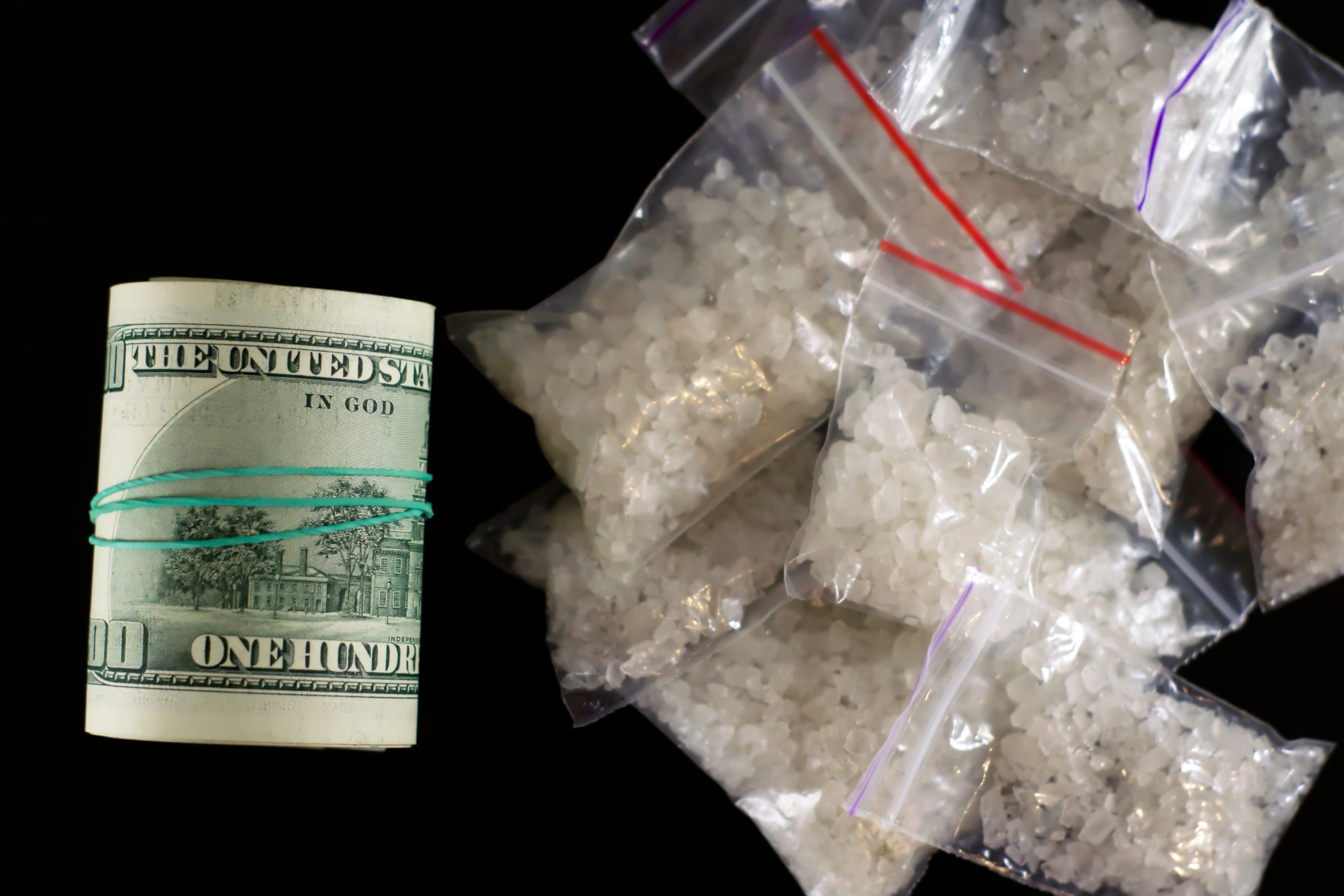It is difficult to believe that a loved one has a drug problem. But if you are watching someone dramatically change before your eyes, you may wonder if drugs are the cause. Asking a loved one if they have a drug problem can be tricky, and you may not even know why you think they are using drugs. Before talking to a loved one about drugs, you must equip yourself with information. Knowing the signs of meth abuse and other drug use can be critical to navigating your difficult conversation. At Evolve Indy, we understand the heartbreak of addiction, and we also know how to help people find the way out.
What Is Meth?
Meth, or methamphetamine, is a highly addictive stimulant. You may hear it referred to as meth, blue, ice, or crystal. Usually found as an odorless, white crystal powder, meth is a powerful drug that affects the central nervous system. While it is related to amphetamine, methamphetamine is more potent and has much more harmful effects. Meth remains in the body longer than other stimulants, which leads to a longer-lasting high. Meth results in a reward and then reinforces it by releasing dopamine. Because it remains in the body longer, the effects can last for hours. Meth can be smoked, snorted, injected, or taken by mouth. It is often used in a pattern of binging and crashing.
What Are the Signs of Meth Abuse?
While it is essential to know the facts about a particular drug and its effects, it is also crucial to trust your gut. You likely know your loved one better than anyone else, and you may already know that there is a problem. Your fact-finding mission is really about confirming your suspicions. Keep in mind that meth is a stimulant, and you will quickly understand the signs of meth abuse. Meth stimulates the central nervous system, so those who use it will exhibit symptoms such as:
- Increased attention and decreased fatigue
- Decreased appetite
- Euphoria or a rush
- Increased breathing and heart rate
- Mood swings or outbursts
- Increased body temperature
- Hallucinations or paranoia
- Grinding teeth
- Increased activity and wakefulness
Meth is highly addictive, which becomes more dangerous as the user develops a physical tolerance. Tolerance requires using more drugs to achieve the same effect and increases the risk of overdose. Those who use meth may also change how they take the drug to get high faster—injecting drugs results in a much faster high than snorting or swallowing. Long-term use of meth can lead to anxiety, confusion, insomnia, mood disturbances, violent behavior, and psychosis. Some of the signs of meth abuse will be based on how the person is taking the drug. For example, if they are injecting it, they may have track marks. Other physical signs will be common across all ways of use. You may notice them picking at their skin or hair, dilated pupils, rapid eye movements, twitching or jerky movements, or talking constantly. All of the signs will be tied to how they are using the drug and what the drug does to the body.
How Evolve Indy Helps With Treating Addiction
At Evolve Indy, we know all about the heartbreak of meth addiction. We know how hard it can be to break free from meth. We have programs to meet your needs that will help you create long-term sobriety. We care about your success in recovery. We have a wide variety of programs that blend traditional and non-traditional therapies to treat addiction. Our programs range from residential to outpatient, and we will work with you to find the best fit for you. Contact us today to see how we can best support you in your journey to sobriety.

